Renodis Capsules
RENODYL Capsules are synbiotic that contains prebiotic and probiotics to restore the balance of the Gut Microbiome. It is a formulation of naturally occurring beneficial bacteria that metabolizes and flushes out uremic toxins that have diffused into the bowel. It supports kidney function by providing natural enteric dialysis and slows down uremic toxin build-up in the blood to help prevent further kidney damage.
Description
Renodis Capsules
Prebiotic and Probiotic Capsules
Enteric Dialysis for dogs & cats to reduce uremia
Balanced Gut for Kidney Health.
45 Billion spores capsules
Manufactured / Marketed by: SAVA Vet / SAVA Healthcare Limited
Dosage form: Capsules
Presentation:
10 capsules in 01 strip, strip in 01 monocarton
such 10 monocartons in 01 outer carton.
Ingredients & Composition:
Each hard gelatin capsule contains:
Streptococcus thermophilus 15 Billion spores
Lactobacillus acidophilus 15 Billion spores
Bifidobacterium longum 15 Billion spores
Fructo-oligosaccharides 100 mg
Excipients q.s.
Appropriate overages added to compensate loss on storage.
Prebiotic & Probiotic capsules. Approved colour used in empty capsule shells.
Nutritional facts per capsule
Energy 0.166 cal
Carbohydrate 0.133 gm
Fat 0 gm
Protein 0 gm
Description / Action:
Renodis Capsules are synbiotic that contain prebiotic and probiotics to restore the balance of the Gut Microbiome. It is a formulation of naturally occurring beneficial bacteria that metabolizes and flushes out uremic toxins that have diffused into the bowel. It supports kidney function by providing natural enteric dialysis and slows down uremic toxin build-up in the blood to help prevent further kidney damage.
It helps in Enteric Dialysis for dogs & Cats to reduce uraemia. Each capsule of RENODYL contains 45 billion spores of live organisms that will colonize the gut of dogs and cats. These therapeutic microbes will metabolise the uraemic toxins as nutrition, bringing down the build-up of uraemic toxins, thereby preventing further kidney damage.
Bifidobacterium Longum
Bifidobacterium longum has physiological effects such as anti-allergy effect, reduction in harmful bacteria and improvement in intestinal environment. Rifidobacterium longum bacterial is mostly found in calves, human and pig.
Bifidobacterium longum, which works at the gut-brain axis to ameliorate behavioral signs related to separation anxiety, noise phobias, and other manifestations of anxiety, including hypervigilance, excessive vocalization, pacing, panting, compulsive licking, trembling, and house soiling in canine.
Bifidobacteria produce proteins or polypeptide bacteriocins which reduce the growth of closely related bacterial species which may reduce the number of harmful micro-organisms in the GIT. Bifidobacterium longum to anxious dogs resulted in statistically significant improvement in dogs displaying day-to-day anxious behavior, reduced salivary cortisol concentrations, decreased heart rates and increased heart rate variability.
Streptococcus thermophilus
Streptococcus thermophilus is a kind of BALS (Lactic Acid Bacteria) which is able to do metabolism in an extreme temperature. It has optimal growing pH 6.8 and it has anaerobe characteristic. This bacterium can endure acidity from 0.85 to 0.95%. Lactate acid produced by this bacterium is a result of glucose, fructose, galactose, sucrose and lactose splitting process.
It is essential to making sure pets are healthy, active and live a long, full healthy life. They are safe to give to pets daily or when they’re having tummy problems. They can help shorten onsets of diarrhoea and are important to give in case when your pet is on steroids or antibiotics.
Lactobacillus acidophilus
L acidophilus can be successfully survived transit through the canine gastrointestinal tract, and populate the colon and are associated with local and systemic changes. L acidophilus as probiotic bacterium may exhibit the potential to enhance gut health and improve immune function in dogs.
Microbial Count
Lactobacilli can be roughly divided into 2 metabolic groups:
Homofermentative, converting glucose to lactic acid, and heterofermentative, converting glucose to lactic acid, acetic acid, ethanol, and CO₂. These metabolites reduce pH of the intestinal lumen, creates an unfavorable environment for potential pathogenic bacteria.
An increase in the lactobacilli population and a reduction of the population of Enterobacteria in the ileum and caeca attribute to the lactobacilli’s production of antimicrobial substances such as volatile fatty acids, other organic acids and bacteriocins.
Fructo-oligosaccharides (FOS)
Fructo-oligosaccharides are sugars that are not degraded by intestinal enzymes which allow them to pass down to the cecum and colon to become “colonic food” for host bacteria and provide nutrients to the intestinal mucosa.
Ingestion of FOS selectively stimulates the growth of bifidobacteria and inhibits the growth of harmful clostridia. FOS spike glucose levels in the blood, and cause weight gain. fructooligosaccharides or mannanoligosaccharides, serve as the main substrate source for beneficial bacterial species of the Gl microbiota and, thus, have a great impact on the Gl microbiota and, in turn, Gl and overall health.
On reaching the large intestine, FOS is fermented by colonic bacteria such as Bifidobacteria. The result of the fermentation process is lactic and acetic acid like short chain fatty acids (SAFCS). Butyrate, another acid often found in increased quantities with the feeding of prebiotics, is not produced by the lactic acid bacteria, but is a product of other bacteria which can use the lactic and acetic acids as substrates. A symbiotic collection of beneficial bacteria is formed, which helps to outnumber and exclude pathogens.
Class: Probiotics / Prebiotics / Renal or Kidney supplement
Indication / Uses:
• Synbiotic having prebiotic & probiotics for pets with renal insufficiency
• Enteric Dialysis through the use of beneficial microflora that support kidney function
• Helps to slow down uraemic toxin build-up in patients with renal insufficiency
• Slows progression of CKD (Chronic Kidney Disease)
Dosage and administration:
Twice a day or 6-hour intervals or as suggested By Veterinarian.
For oral administration only.
Overdoses / Side effects / Contraindications /Warnings:
No undesirable effects were reported under recommended treatment in the dogs and cats. Follow the recommended doses. It is a nutritional supplement not replacement of phosphorus binders or other kidney medicines.
Pharmaceutical precautions / Instructions:
Store in a cool & dry place. Protect from light & moisture. Keep out of reach of children. Best before 18 months from the date of Manufacture.
Veterinary Dietary Supplement. Not for human use. For use in dogs and cats only.
Safety: Age / Pregnancy/ Withdrawal:
Suitable for both dogs and cats. Age related safety and safety regarding use in breeding / pregnant / lactating animals have not been warned.
How Does Renodyl Works:
The FOS advantage
Fructo-oligosaccharides (FOS) is a carbohydrate that consists of short fructose chains and is not digested. Fructo-oligosaccharides travels intact through the small intestine to the colon (large intestine), where they support the growth of healthy bacteria.
STEP 1:
Therapeutic probiotic microbes in RENODYL target and metabolize the uremic nitrogenous wastes as nutrients for growth.
STEP 2:
As the microbes begin to multiply, they metabolize more uremic toxins, thus increasing the diffusion of these toxins into the bowel. As therapeutic microbes grow and multiply, they consume more nitrogenous waste and therefore effectively help maintain healthy kidney function.
STEP 3:
Eventually, the metabolized toxins are carried through the bowel and are eliminated from the body as solid waste, relieving the burden on the compromised kidneys.
Is Gut the New Kidney?
Enteric Dialysis is the process by which the gut microbes stimulated by prebiotic/probiotic administration are ultimately eliminated by defecation restoring a dysbiotic gut microbiome to a healthier state.
Intestinal Flora in Normal & CKD Population
Healthy Population
• High level of Lactobacilli
• High level of Bifidobacteria
• Bifidobacteria
• Eubacteria
• Lactobacilli
Normal Population:
• Bacteroides
• Coli
• Enterococci
• Streptococci
CKD Patients:
• Accumulation of uremic toxins
• Low levels of Lactobacilli, Bifidobacteria
• Large amount of pathogenic bacteria
• Clostridia
• Proteus
• Pseudomonas
• Staphylococci
Substitute: Azodyl Capsules,
TumOnzym Tablets, SynFOSium Capsules,
Only logged in customers who have purchased this product may leave a review.


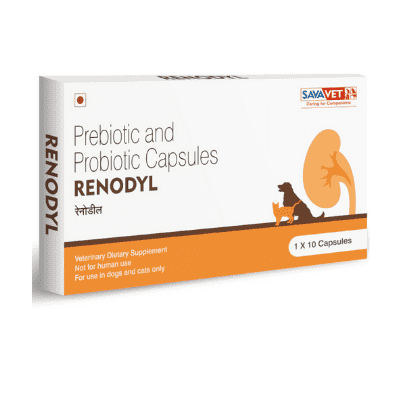
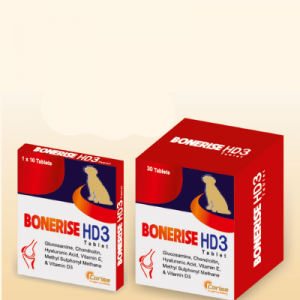
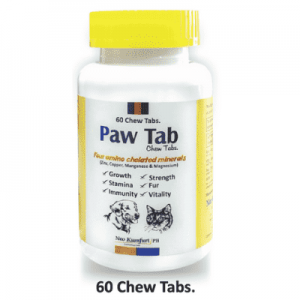
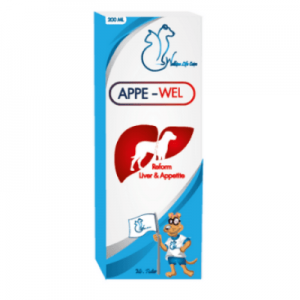
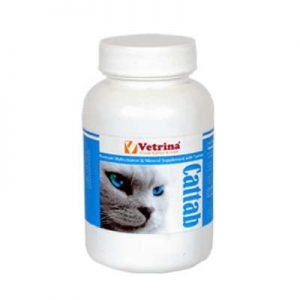
Reviews
There are no reviews yet.